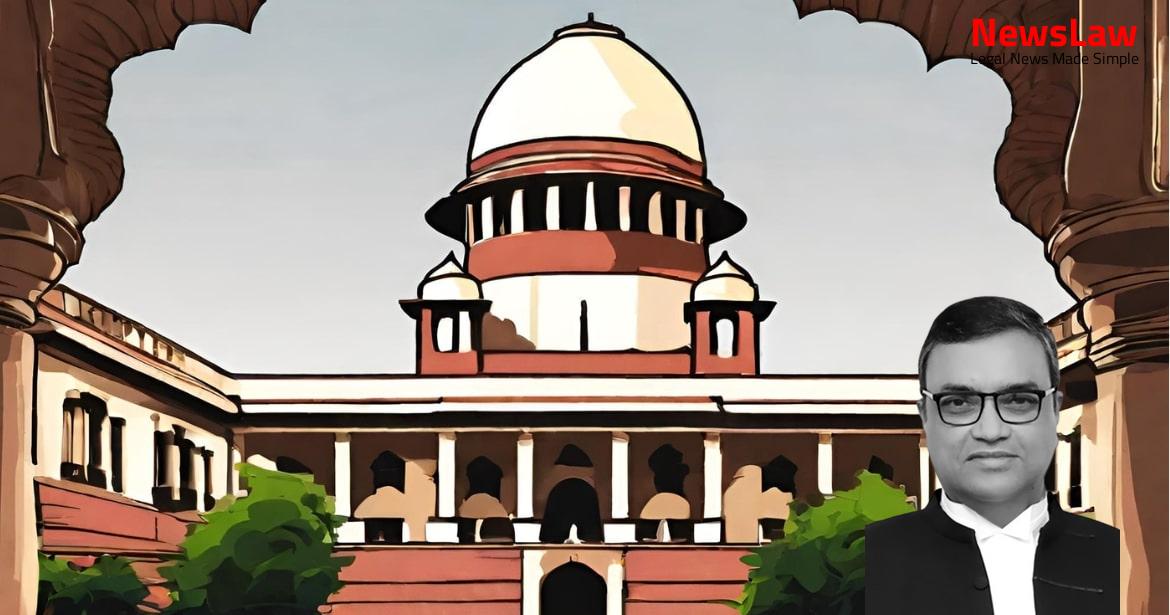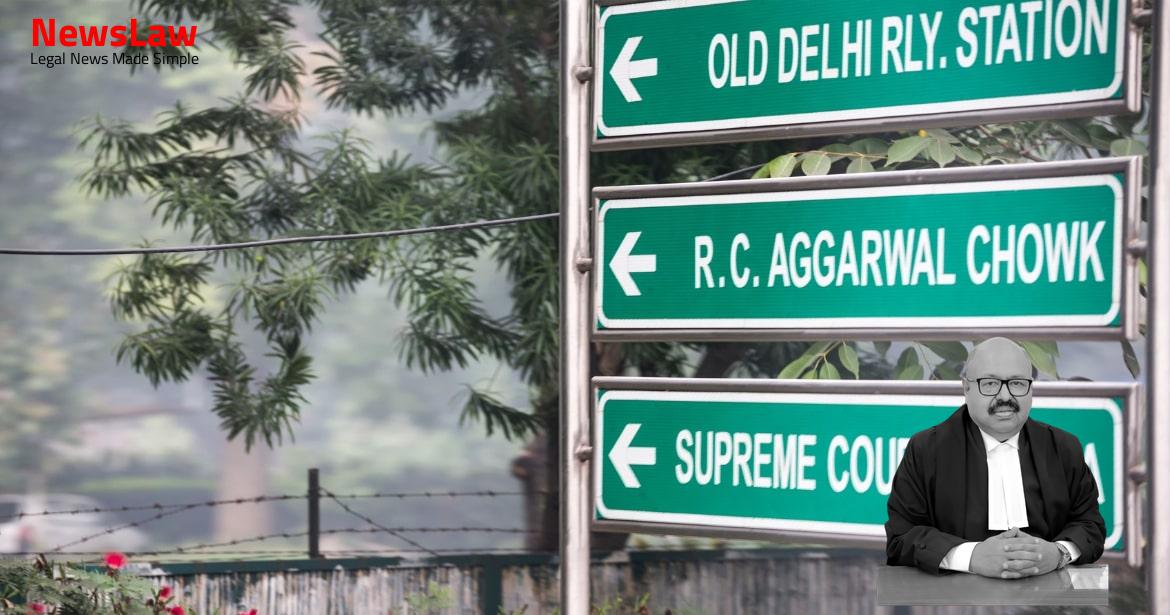The assessee questioned the revenue, complaining that it did not provide copies of assessment order for the years 2005-06, 2008-09, 2009-10, and 2010- 11 under the Andhra Pradesh General Sales Tax Act, 1957 (hereafter “APGST Act”) and Telangana State Value Added Tax Act, 2005 (hereafter “VAT Act”) 2 and for not lifting attachment order dated 03.02.2012 and another, revised attachment order dated 20.02.2018 under Form V invoking the provisions of Revenue Recovery Act, 1864 (hereafter “the RR Act”), under Section 27 of the VAT Act.
Also Read: https://newslaw.in/supreme-court/legal-analysis-of-claim-for-loss-of-profit-in-delayed-contract/
The assessee requested to cancel the said demand, since the assessment orders for the year 2001-02 and 2003-04 were revised on 24.04.2005 resulting in excess tax collection; it requested that such excess tax collected be adjusted for the subsequent demand. The assessee therefore urged that without effecting the service of the assessment orders, as mandated by law, the revenue could not claim tax shown as arrears, and could not resort to provisions of the RR Act, attaching its properties.
This assessment order was challenged before the High Court 4 in a writ petition ; which was disposed of by the court on 15.04.2010 permitting the assessee to file objection to the notice in VAT 305A dated 06.06.2009 within a period of six weeks from the date, on the condition that the assessee deposited 20 lakhs within four weeks from 15.04.2010. Since the assessee did not pay the tax due in the normal course, an urgent notice dated 14.06.2011 was issued for payment of 5,50,58,758/- which included the arrears of tax payable for the earlier period i.e., 2005-06 to 2008-09. The revenue also urged that it became aware that the assessee’s banker, Canara Bank, had issued a notification on 14.08.2011 bringing its immovable properties for sale in public auction to recover the loans extended to it.
In that writ proceeding, after an initial interim order, the High Court, on 13.02.2015, permitted the assessee’s banker to proceed with the auction in 6 respect of its director’s properties, but continued the order of restraint of not issuing confirmation of sale in respect of the company’s property mentioned at serial Nos. According to the revenue none of the said representations, claimed that the assessment orders passed by the revenue were not served and on the other hand it claimed that “the assessment orders are not available with us and our factory is closed long back and above orders are not traceable in our records”. The court held that an order by the revenue to be considered as validly served, would have to be only in the manner prescribed under the Rules and that since the assessee is a company, it was governed by Rule 64(1)(b) in terms of which any notice or an order passed can be considered as validly served under any one of the modes, namely – (i) if the same is personally served on the nominated person; or (ii) it is left at the registered office of the person or person’s address for service of notices under the Act; or (iii) it is left at or sent by registered post to any office or place of business of that person in the State; and (iv) where it is returned unserved, if it is put on board in the office of local chamber of commerce or trader’s association. It was held that so far as the assessment order 8 dated 31.03.2011 for AY 2005-06 to 2008-09 were concerned, the material placed on record showed that the order was served on the assessee, represented by its Director Mr.
Thus, the claim of the respondent in the counter affidavit that the petitioner herein did not choose to file a counter affidavit therein raising the said plea would not preclude the petitioner from taking the said plea in the present proceeding.” The impugned order also held that the revenue did not have record evidencing the service of assessment order on the assessee for AY 2009-10 and 2010-11 by any of the modes prescribed under Rule 64(1)(b). Since the revenue was unable to show how the service of assessment orders for AY 2009-10 and 2010-11, was effected and when, the attachment notice issued in Form V dated 20.02.2018 invoking the RR Act for recovery of a sum of 5,59,58,758/- was set aside.
Notice of this court is drawn to the previous writ petition initiated by the assessee, whereby the court had remitted the matter for fresh consideration, and permitted filing of objections, despite which the assessee did not participate in the proceedings, leading to fresh orders. It was submitted that Rule 64, relied on by the High Court is unambiguous, as every assessee has a right to expect service of assessment orders upon it, to enable it to seek appellate or revisional remedies.
The High Court, in the present case, drew a distinction between two periods; for AY 2005-06 to 2008-09 it was held that the assessments could not be called in question. The revenue however, pointed out to the High Court, that the representations never alleged that assessment orders were not served and that the attachments were therefore not compliant with provision of law.
In the light of the aforementioned finding of fact recorded by the Tribunal and affirmed by the High Court, we do not consider it necessary to examine the question though vehemently argued by Dr Rajeev Dhavan, learned Senior Counsel for the appellants, namely, whether in a given case service of the order on the appellants’ lawyer is proper or not and whether the service on the appellants’ minor daughter was in accordance with the procedure prescribed under Section 22 of S or not.
similarly, the court observed as follows: “As already noted the appellants sought for review or recall of the order from the O.E.A. The Appellate Authority, i.e., the ADM has in his order noted two other contentions raised by the appellants, viz., (i) the application for settlement by the respondent No 1 was not filed within the prescribed time, and (2) the application should have been treated as an application for lease and should not have been treated as a claim case.
In the present case, arguendo if the assessee was unaware, in the first instance regarding the issuance of assessment orders against it, at least when the revenue filed a writ petition (W.P. Further, it did not seek copies of the assessment orders, in the representations addressed to the revenue after the second attachment order was issued, on 20.02.2018. There shall be no order on costs.
Case Title: THE COMMERCIAL TAX OFFICER Vs. NEERAJA PIPES PVT. LTD. (2023 INSC 236)
Case Number: C.A. No.-000760-000760 / 2023



